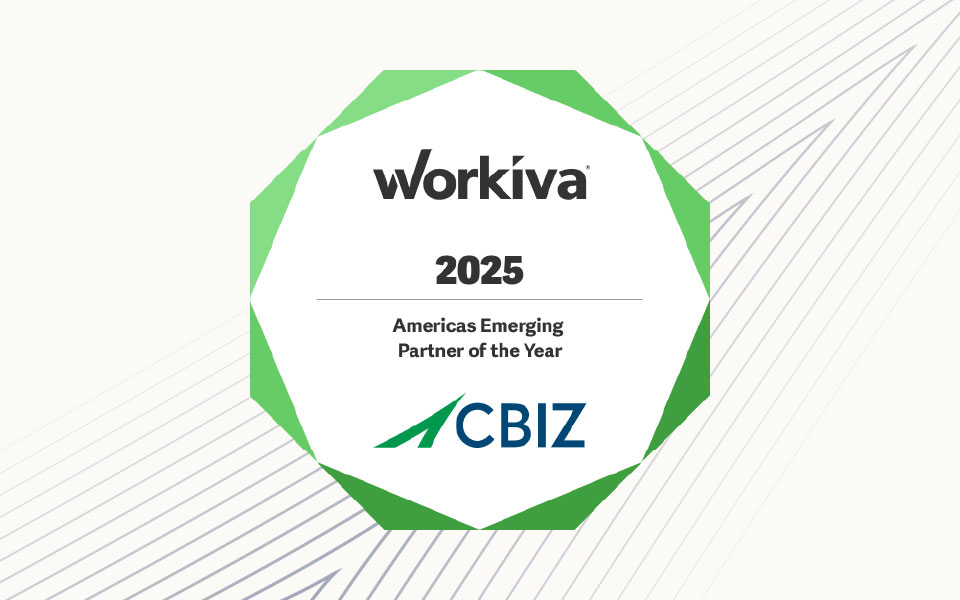Mediation has become an increasingly popular method of dispute resolution in matrimonial matters. At the center of this process stands the mediator—a neutral third party tasked with guiding emotional litigants (and their teams) toward understanding, compromise, and resolution. The effectiveness of mediation, therefore, hinges on the mediator’s skill and capability. An effective mediator must have the ability to manage the complexities of interpersonal dynamics and a mastery of the intricacies of marital and non-marital estates to ensure that the process fulfills its promise: a fair, collaborative, and successful solution.
Why Mediation Outcomes Rely on the Mediator’s Skill
First and foremost, mediation is an inherently human process. Parties bring with them emotions, histories, miscommunications, and sometimes deep-seated grievances. Unlike a judge whose position signifies authority, a mediator’s power is subtle but profound: they facilitate dialogue, identify issues, and help parties explore creative outcomes. An effective mediator possesses advanced communication skills, empathy, and sensitivity to financial demands. They listen actively, read nonverbal cues, and establish trust with both sides. The ability to establish trust is an art that is vital to a successful result. By establishing rapport and fostering a safe environment, the mediator promotes honest conversation, which is the bedrock of meaningful conflict resolution. Anyone can take a position, but understanding the ‘why’ behind an individual position opens the possibility of creative resolutions.
Too frequently, mediators shuttle proposals back and forth without examining the underlying needs and concerns that drive each side’s position. In contrast, effective mediators, especially those with financial sophistication, probe beneath the surface by asking insightful questions and reframing statements to reveal true priorities. They encourage creativity and collaborative problem-solving, opening the door to solutions that may not have been considered in a purely positional setting. In this way, the mediator transforms the process from mere compromise to genuine problem-solving, where both parties can feel their core interests are respected and addressed.
I have testified in over 200 matrimonial matters. I have been engaged in several thousand matters that were resolved more effectively without a trial. These cases were negotiated in a number of different forums. Irrespective of the forum, an effective dispute resolution process before trial is where deeply experienced professionals can add significant value.
The Importance of Financial Expertise in Matrimonial Mediation
Of critical importance, effective mediators bring their own expertise to the table. However, mediation in a matrimonial matter often involves complex legal and financial issues. While mediators are relied upon for their legal expertise, they are far too frequently (and unfairly) tasked with having the same level of financial expertise. A truly effective mediator recognizes this disconnect and secures a financial counterpart to navigate the process successfully with them.
I have been involved in mediations all over the country. The mediations where I have been involved with one side have been overwhelmingly successful, while mediations where I am engaged to work with the mediator as a financial/valuation advisor have been 100% successful. Think about that.
The mediator will have the requisite legal (and perhaps foundational financial) expertise. He or she serves as the commander of the process. That process is further strengthened when the mediator engages a valuation/financial expert to guide the complex issues that arise with high-net-worth or otherwise complicated estates. All professionals speak their own language of expertise. Lawyers don’t allow financial experts to question witnesses; why would we then suggest a lawyer is best equipped to direct complex financial negotiations? Utilizing a neutral financial expert to lead discussions and negotiations on valuation and financial issues allows the conversation to occur among similarly trained professionals in their own language, which, in turn, enables more sophisticated ideas to be promulgated.
As a financial forensic and valuation professional, I believe I am not done with my job after issuing a report or an opinion. Of course, determining the value of an asset is of material importance. The counterpart of a value is how it fits into the structure of an overall financial settlement and how it is paid. It is imperative that counsel and a mediator have expertise and guidance to determine a financial settlement structure that achieves realistic economic goals for both parties.
There are a number of issues that can arise that present complications to an overall settlement. Overall liquidity, the nature of the asset, the transferability of the asset, creation of a holding company to hold illiquid assets, “if, as, and when” provisions, tax issues, securing payments over time, etc., all include such complications. These types of issues, however, should not impede an effective mediation. Creativity, along with experience in dealing with such issues, is necessary.
Real-World Examples of High-Stakes Mediation Success
Some examples of mediations where I was the mediator’s special financial and valuation advisor are as follows:
Private Equity Firm – Nationally known business appraisers came to conclusions approximately $200 million apart. There were also sophisticated tax issues and a myriad of other financial issues related to the asset holdings of the parties, including but not limited to the time horizon to liquidity of many private equity assets, the tax impact on many of the asset holdings, the potential of capital calls, forensic accounting issues, etc.
Commodities Trading Firm – Nationally known business appraisers were $60 million apart on the valuation of the business asset that represented the single largest asset of the marital estate. The higher valuation represented a difference of 13x the lower of the two valuations.
Agricultural Business – Nationally known business appraisers were $40 million apart, a difference of 4x the lower of the two valuations. All other asset values were agreed to, and this was the sole hindrance to settling the case.
These were not “split the baby” solutions. I conducted a thorough and methodical process to determine the most reasonable and credible valuation. After I was comfortable with my independent analysis, I engaged in strategic communication with experts from both sides to effectively resolve the valuation differences. In each case, once the valuation differences were resolved, the remainder of the case could be settled.
The impact of a successful mediation extends beyond the immediate dispute. Parties who experience successful mediation are more likely to comply with agreements and maintain positive relationships going forward. This is particularly important in matters where ongoing interaction is inevitable, like when the parties have mutual children. The mediator’s effectiveness, therefore, contributes not only to the resolution of the current conflict but also to the prevention of future ones.
As the demand for mediation continues to grow, so does the need for effective mediators and financial professionals: they are the linchpin of the entire process. Their expertise in communication, neutrality, process management, and creative problem-solving directly determines whether parties are successful or leave the process dissatisfied and unresolved.
Connect with a Matrimonial Expert today.
© Copyright CBIZ, Inc. All rights reserved. Use of the material contained herein without the express written consent of the firms is prohibited by law. This publication is distributed with the understanding that CBIZ is not rendering legal, accounting or other professional advice. The reader is advised to contact a tax professional prior to taking any action based upon this information. CBIZ assumes no liability whatsoever in connection with the use of this information and assumes no obligation to inform the reader of any changes in tax laws or other factors that could affect the information contained herein. Material contained in this publication is informational and promotional in nature and not intended to be specific financial, tax or consulting advice. Readers are advised to seek professional consultation regarding circumstances affecting their organization.
“CBIZ” is the brand name under which CBIZ CPAs P.C. and CBIZ, Inc. and its subsidiaries, including CBIZ Advisors, LLC, provide professional services. CBIZ CPAs P.C. and CBIZ, Inc. (and its subsidiaries) practice as an alternative practice structure in accordance with the AICPA Code of Professional Conduct and applicable law, regulations, and professional standards. CBIZ CPAs P.C. is a licensed independent CPA firm that provides attest services to its clients. CBIZ, Inc. and its subsidiary entities provide tax, advisory, and consulting services to their clients. CBIZ, Inc. and its subsidiary entities are not licensed CPA firms and, therefore, cannot provide attest services.















